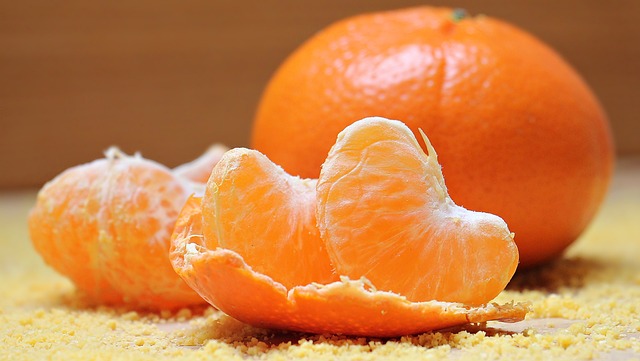Introduction
When it comes to gut health, we often hear about probiotics and prebiotics, but what are they exactly? These two terms are often used interchangeably, but they are not the same thing. In this article, we will discuss the differences between probiotics and prebiotics, and why they are important for our health.
What Are Probiotics?
Probiotics are living microorganisms that are beneficial to our health. They are often referred to as “good bacteria” because they help maintain a balanced gut microbiome. Our gut microbiome is a complex ecosystem of bacteria, fungi, and other microbes that live in our digestive tract.
Probiotics can be found in foods like yogurt, kefir, sauerkraut, kimchi, and miso. They can also be taken as a supplement in the form of capsules, tablets, or powders. Probiotics are known to have many health benefits, including:
- Strengthening the immune system
- Improving digestive health
- Reducing inflammation
- Preventing and treating diarrhea or constipation
- Helping with weight management
What Are Prebiotics?
Prebiotics, on the other hand, are not living microorganisms. They are a type of fiber that our bodies cannot digest. Prebiotics are like food for the good bacteria in our gut. They help create an environment in which these bacteria can thrive.
Prebiotics can be found in foods like bananas, onions, garlic, asparagus, and whole grains. They can also be taken as a supplement in the form of powders or capsules. Prebiotics have many health benefits, including:
- Promoting the growth of beneficial bacteria in the gut
- Improving gut health
- Reducing inflammation
- Enhancing mineral absorption
- Improving insulin sensitivity
What’s the Difference Between Probiotics and Prebiotics?
Probiotics and prebiotics work together to maintain a healthy gut microbiome. However, they are not the same thing. Probiotics are live microorganisms that can be found in certain foods or taken as a supplement. Prebiotics, on the other hand, are a type of fiber that cannot be digested by our bodies. They serve as food for the good bacteria in our gut.
The main difference between probiotics and prebiotics is that probiotics are living microorganisms, while prebiotics are not. Probiotics are like the workers, while prebiotics are like the food. The workers need food to survive and thrive, and prebiotics provide that food.
Why Do Probiotics and Prebiotics Matter?
The gut microbiome plays a crucial role in our overall health. It is connected to many different aspects of our health, including our immune system, mood, and metabolism. When our gut microbiome is out of balance, it can lead to a range of health problems, including digestive issues, autoimmune disorders, and mental health conditions.
Probiotics and prebiotics are important because they help maintain a healthy gut microbiome. Probiotics introduce beneficial bacteria into our digestive system, while prebiotics feed the good bacteria that are already there. By consuming both probiotics and prebiotics, we can promote the growth of healthy bacteria in our gut and support our overall health.
Conclusion
Probiotics and prebiotics are often used interchangeably, but they are not the same thing. Probiotics are living microorganisms that can be found in certain foods or taken as a supplement. Prebiotics, on the other hand, are a type of fiber that cannot be digested by our bodies. They serve as food for the good bacteria in our gut. Both probiotics and prebiotics are important for maintaining a healthy gut microbiome, which is crucial for our overall health. By consuming foods that are high in probiotics and prebiotics, we can support a healthy gut and promote our overall health and wellbeing.







